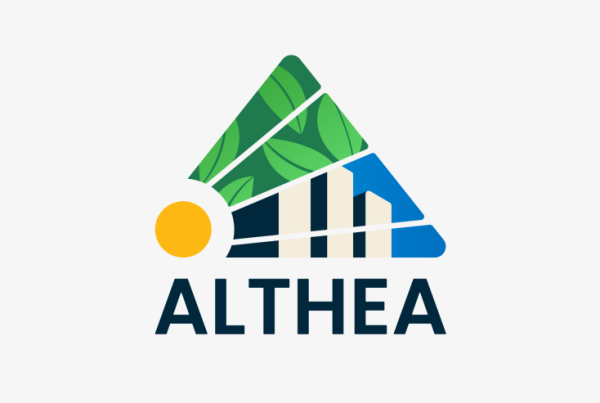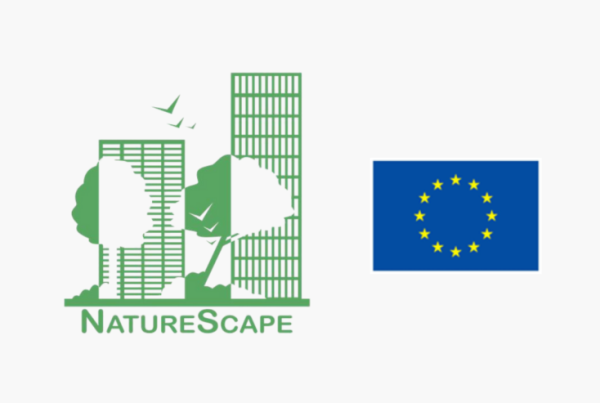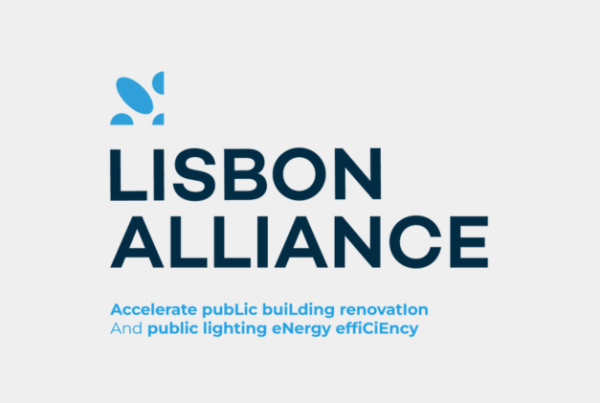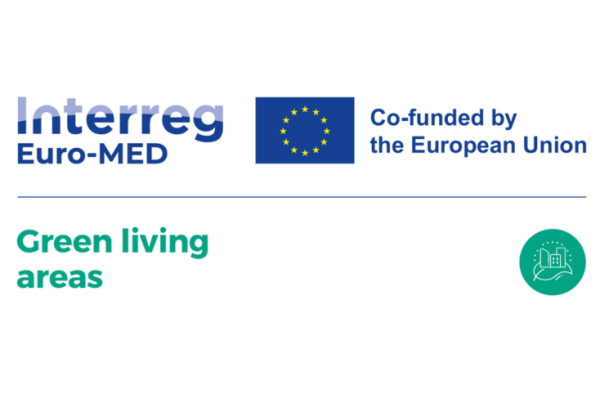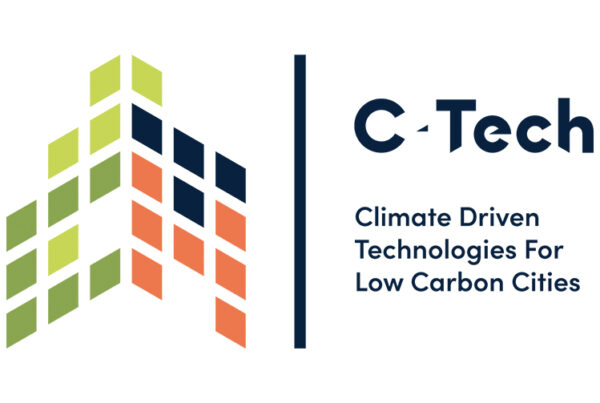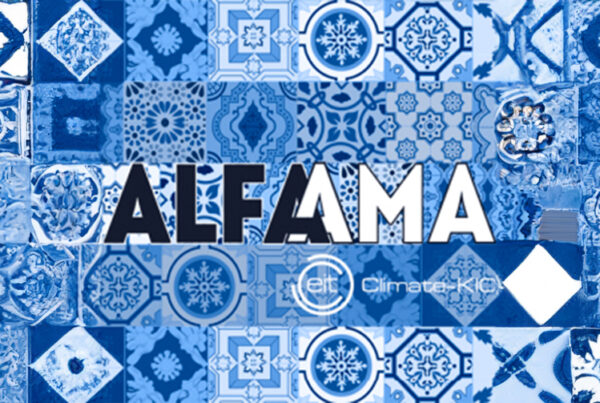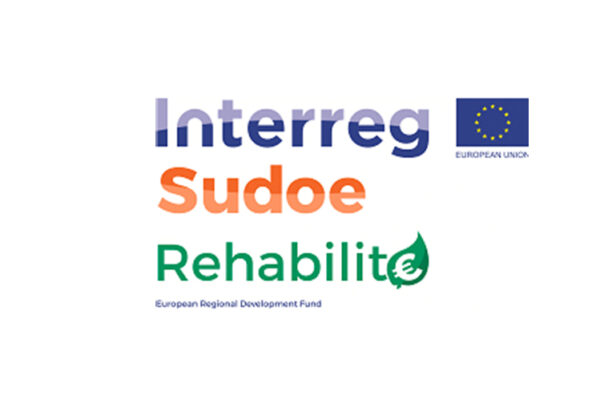The Sharing Cities “lighthouse” programme, supported by the Horizon 2020 Programme, aimed to create common ground, based on economies of scale, in order to make smart cities a reality. Through extensive international cooperation based on three major pillars (cities, industry and universities), the programme aimed to ensure that the solutions adopted become accessible and inclusive, exploring their integration potential with a view to strengthening citizen trust.
The cities of Lisbon, London and Milan led the development of a project showing some of the elements necessary to effectively create a smart city, namely by:
-
- Developing integrated solutions that address the current environmental energy challenges: less pollution, more energy efficiency, higher production of renewable energy, lower CO2 emissions, greater mobility, more jobs and greater social inclusion.
- Bringing citizens closer to their cities, increasing their participation, by using the latest technologies and tools.
- Developing an innovative action plan, which serves as a model to other cities in the EU and throughout the world.
- dentifying and leveraging sources of private funding and new business models in the cities, based on information generated by the application and integrating these solutions.
Lisboa E-Nova had an overall leading role within the scope of this demonstration project, which encompasses all the activities for implementing the necessary technology and solutions. This was the most ambitious work package of the project, and included initiatives such as:
-
- Promoting the refurbishing of residential buildings and public and private services, aiming to reduce energy consumption by 5,614.780 kWh/year.
- Developing innovative energy management systems for buildings and city districts, focused on the optimisation of consumption efficiency based on local needs.
- Implementing a portfolio of electrical mobility measures.
- Demonstrating solutions for smart lighting, integrating urban infrastructures and services such as smart solutions, enabling integrated data management and communication.
Overall, this programme was led by the Greater London Authority and has 35 partners in 7 European countries. Of note among this broad set of partners was the network of Portuguese partners, which, besides Câmara Municipal de Lisboa and Lisboa E-Nova, also includes Empresa Municipal de Mobilidade e Estacionamento de Lisboa (EMEL), EDP Distribuição, Instituto Técnico da Universidade de LIsboa, Centro para a Excelência e Inovação da Indústria Automóvel (CEiiA), REABILITA and Altice Labs.

